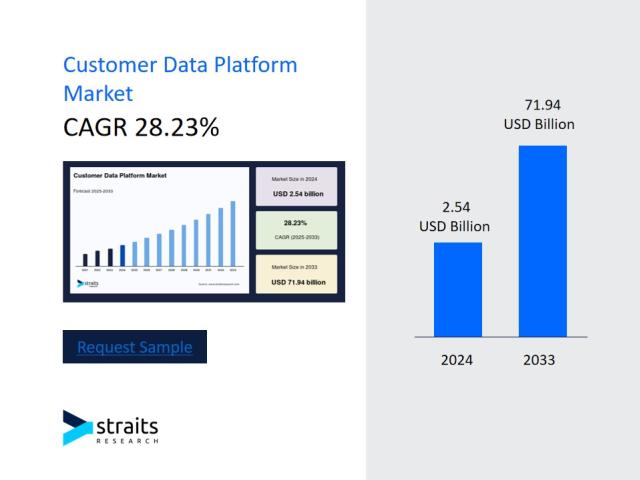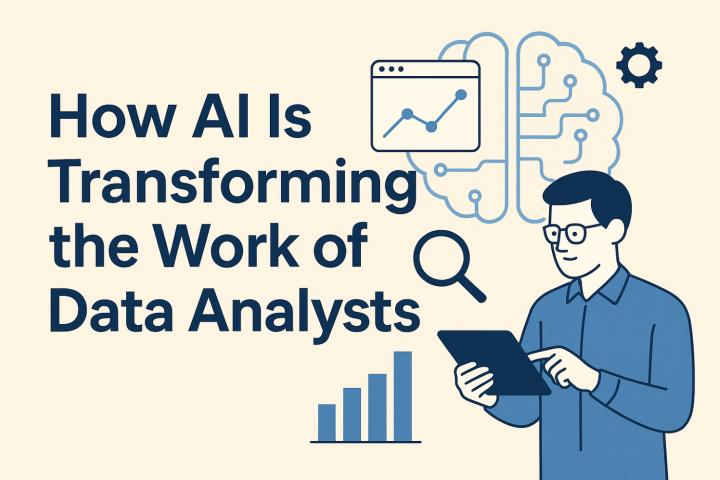With the ever-growing need for scalable computing infrastructure, data center as a service (DCaaS) has emerged as a compelling option for many organizations. It refers to delivering data center space, hardware and software resources as an on-demand subscription service similar to cloud computing.
Key Benefits of DCaaS Model
DCaaS allows organizations to avoid upfront capital expenses associated with building and maintaining their own dedicated data centers. Instead, customers pay only for the resources they utilize on a pay-as-you-go or subscription basis. This makes DCaaS highly scalable and cost-effective for variable computing needs.
Reduced Capex and Opex Costs
By outsourcing data center operations to managed service providers, organizations can shift capital expenditures (CapEx) like facility construction, cooling, power infrastructure upgrades to operating expenses (Opex). MSPs are also responsible for ongoing maintenance, security updates, disaster recovery which lowers overall IT management costs.
Scalability and Flexibility
The on-demand, cloud-like scaling of Data Center as a Service allows customers to rapidly scale up or down their infrastructure depending on business requirements. Organizations no longer have to overprovision for peak capacity. Resources can be seamlessly added or removed based on real-time usage patterns.
Access to Latest Technologies
DCaaS providers continuously invest in latest generation servers, storage, networking and security technologies. This enables customers to leverage cutting-edge infrastructure without substantial upfront investments. MSPs also centrally manage technology refreshes and upgrades on behalf of customers.
Reliability and Redundancy
Advanced DCaaS facilities are designed and engineered for 99.99% availability with N+1 redundancy built into critical infrastructure layers. MSPs have stringent SLAs to maintain quality of service even during failures or planned maintenance activities. This mitigates on-premise infrastructure risks for customers.
How Does DCaaS Model Work?
The data center as a service provider owns, operates and manages the data center facility along with all physical infrastructure layers such as power, cooling, security etc. Customers are allocated virtual portions of the facility through virtual instances of servers, storage, networking, firewalls etc.
Key DCaaS Deployment Models
Dedicated Infrastructure - The customer is allocated a dedicated portion of the facility with segregated physical servers and network. Resources are not shared with other tenants.
Shared Infrastructure - Servers, storage and network resources are deployed in a shared pool and dynamically allocated on-demand to multiple customers. Physical infrastructure is common but virtual instances are isolated.
Hybrid Infrastructure - Combines elements of dedicated and shared infrastructure models. Some critical or regulated workloads may use dedicated servers while others utilize shared resource pools.
Managed Hosting - The customer's existing servers are installed in the MSP data center which provides managed services for maintenance, monitoring and support while the customer retains asset ownership.
Security and Compliance Challenges
Multi-tenancy in shared data center as a service environments requires stringent logical and physical isolation to prevent unauthorized access between customer workloads. MSPs must implement robust access controls, network segregation, encryption of data in transit and at rest.
Compliance with industry regulations like GDPR, HIPAA on data privacy and protection is also a key consideration while opting for DCaaS. Customers need assurance on providers' security certifications, audits and incident response capabilities. SLAs should clearly define responsibilities in case of security breaches.
Evaluating DCaaS Providers
When choosing a suitable DCaaS partner, organizations must thoroughly evaluate the provider's track record, certifications, location of data centers, pricing transparency, contract terms and exit clauses. It is prudent to assess infrastructure redundancy, disaster recovery drills, customer references and portal for usage monitoring/billing. Emerging colocation and interconnect options between providers can optimize hybrid cloud strategies.
Data center as a service is evolving as a compelling option for enterprises seeking scalable and elastic computing infrastructure on pay-per-use basis. With careful selection of a capable managed services partner, organizations can leverage world-class data center facilities without significant upfront costs. At the same time, the scalable and flexible nature of DCaaS empowers customers to rapidly adjust capacity per changing business needs.
Get More Insights on- Data Center as a Service
For Deeper Insights, Find the Report in the Language that You want:
About Author:
Vaagisha brings over three years of expertise as a content editor in the market research domain. Originally a creative writer, she discovered her passion for editing, combining her flair for writing with a meticulous eye for detail. Her ability to craft and refine compelling content makes her an invaluable asset in delivering polished and engaging write-ups.
(LinkedIn: https://www.linkedin.com/in/vaagisha-singh-8080b91)









